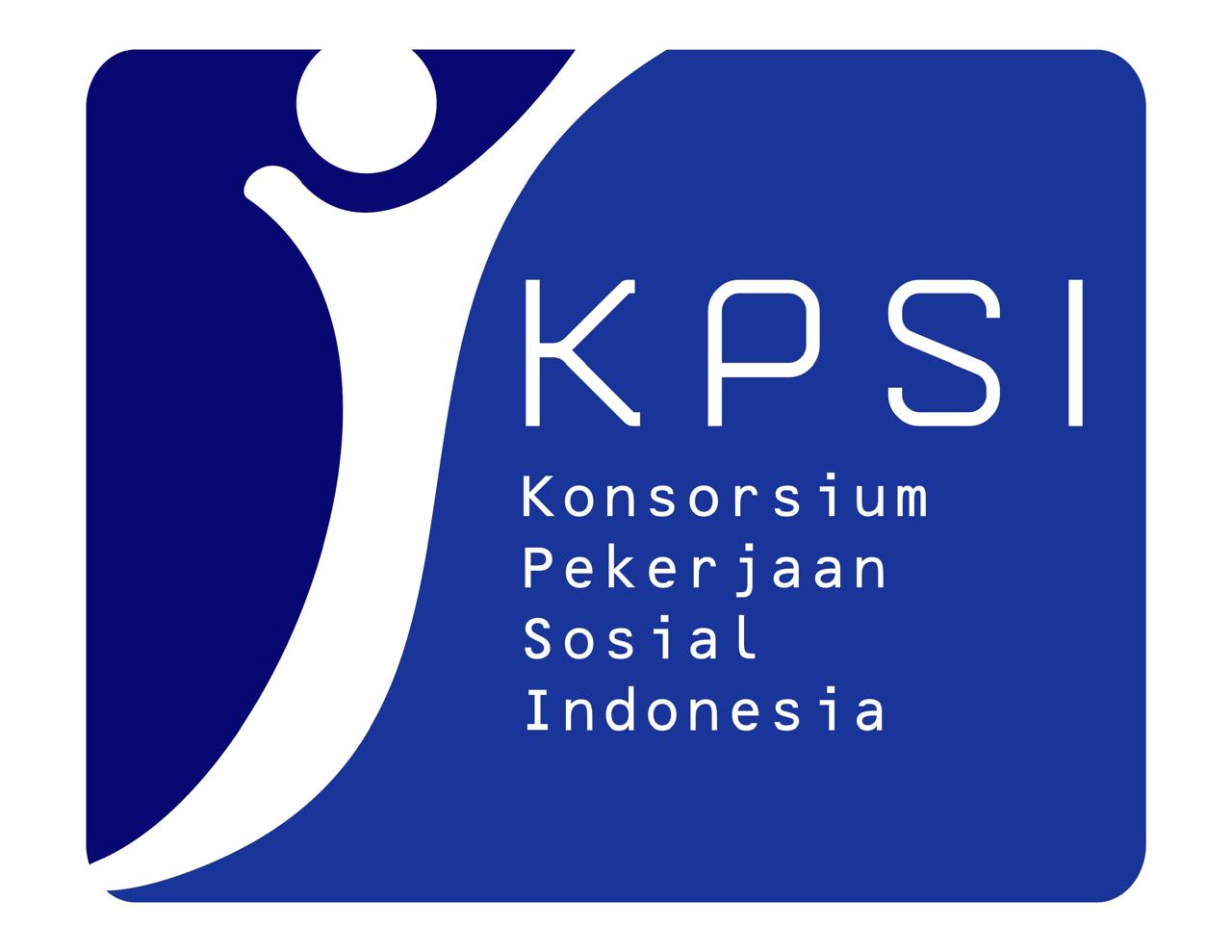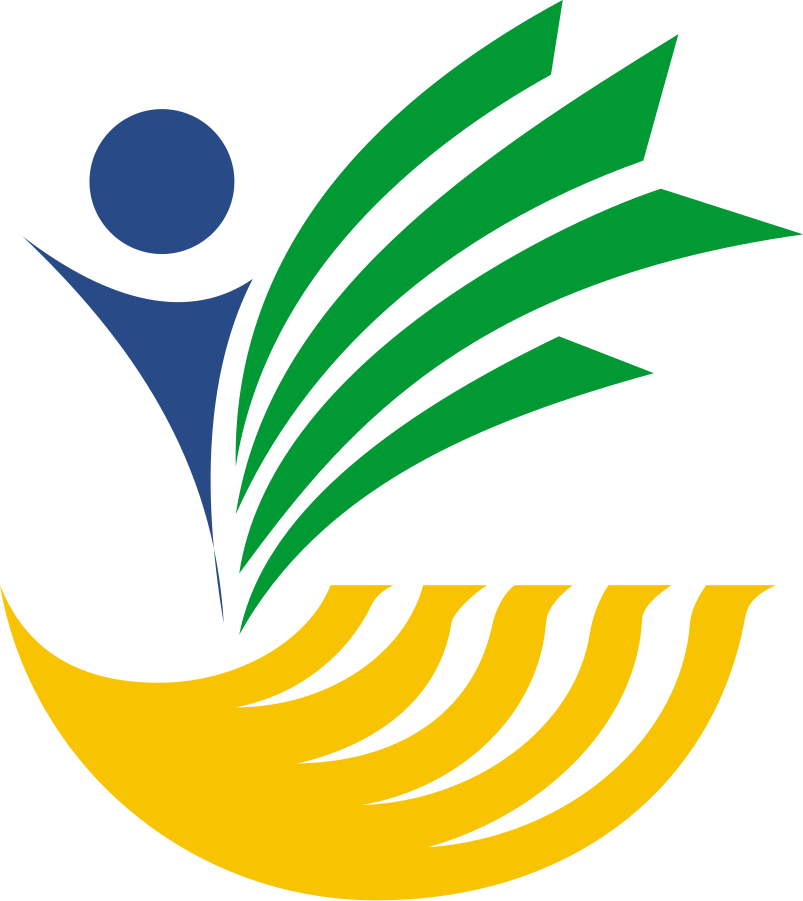Social Work with Transnational Families in Japan – Transnational Social Work in the Multicultural and Integrated Community
DOI:
https://doi.org/10.58671/aswj.v10i1.11Keywords:
Transnational families, Transnational Social Work, Multicultural and integrated community developmentAbstract
This paper examines social work needs for transnational families within their local areas, based on the results of a research conducted on communities with connections to Afghanistan and Sri Lankan who live in Chiba Prefecture, Japan. The research focused on speakers of three languages which are not covered by the multilingual services of the local governments despite their presence. The impact on their economic situations and daily lives due to Covid-19 arose from constraints and barriers in their surrounding environments from five primary factors, and the complex intertwining thereof: language; daily life customs/norms; residency status; employment, housing environment and community; and separation from family/relatives. We conclude that it is crucial to position transnational families within community social work along with to develop multicultural and integrated communities in order to provide transnational social work services across borders in future.
References
Asahi Shimbun Digital (2019). “Are ‘halal school lunches’ indicative of selfishness? One Muslim family’s struggle,” (November 8, 2019),https://digital.asahi.com/articles/ASMBZ6R24MBZPTIL039.html iref=pc_ss_date_article(Accessed on March 20, 2022).
Asakura, M. (2017). Toward multicultural co-existence and community social welfare. Takasuga Publishing.
Banks, S. 2012. Ethics and Values in Social Work. Ishikura, K., Kojima, A. & Ito,Chiba Prefecture (2009). Efforts toward gender-specific health support.
Chiba Prefecture (2021). Number of foreigners in the Basic Resident Registry as Chiba Prefecture (no date). About Chiba Medical Navi,
Doi, T., Aoki, A. & Nishiyama, K. (2004). Present situation and future outlook regarding female outpatients. IRYO (Vol. 58) 7, 383-387.
F. (2016). Theory and value of social work. Horitsu Bunka Sha.
Fukuda, T. (2020). South Asia used goods trading industry: Afghan migrant entrepreneurs and transnational migration. In Matsuo, M. & Mori, C. ed., Global relations studies 6, New developments in the migration phenomenon, Iwanami Shoten.
Gohori, J. ed. (2017). From Western-rooted Professional Social Work to Buddhist Social Work. ARIISW (Asian Research Institute for International Social Work), Shukutoku University. Gakubunsha.
Hashimoto, Y., Ietaka, M., Tanemura, R., ed., Sugimoto, T., supervising ed. (2022). Community social welfare and a comprehensive support system. Minerva Shobo. https://www.e-stat.go.jp/statsearch/files page=1&layout=datalist&toukei=00250012&tstat=000001018034&cycle=1&year= 20200&month=24101212&tclass1=000001060399&result_back=1&tclass2val=0. (Accessed on May 18, 2022).
https://www.nier.go.jp/13chousakekkahoukoku/kannren_chousa/pdf/hogosha_factorial_experiment.pdf (Accessed May 6, 2022).
https://www.nippon-foundation.or.jp/app/uploads/2019/01/wha_pro_end_03.pdf (Accessed on May 5,2022.)
https://www.pref.chiba.lg.jp/iryou/tagengo.html (accessed on April 26, 2022)
https://www.pref.chiba.lg.jp/kenzu/kenkouken/documents/h21-seisatorikumi.pdf (Accessed on March 20, 2022).
https://www.pref.chiba.lg.jp/kokusai/toukeidata/gaikokujinjumin/r02.html (Accessed on March 20,2022)
https://www.soumu.go.jp/main_content/000521418.pdf (Accessed on March 20, 2022). Immigration Services Agency of Japan (2019). Publication of processing time period for examining refugee designation.
https://www.moj.go.jp/isa/publications/materials/nyuukokukanri03_00029.html (Accessed on May 6, 2022).
Ishikawa, K. (2012). The theory and practice of multicultural social work: Desired skills and roles for those who support foreigners. Akashi Shoten.
Japan Federation of Social Workers (2020). Human resource development and training support programs for social welfare: Report on research inquiry into multicultural social workers who coordinate comprehensive support for community residents with multicultural backgrounds (foreigners, etc.).
Kim, C. (2020). Foreign children who are said to have ‘developmental disabilities’: Siblings who came to Japan from the Philippines, Stories from ten adults. Akashi Shoten.
Kinoshita, D. (2020). Changing society: How to go beyond individual support. In Minamino, N. (ed), Thinking together about supporting foreigners: interacting, connecting, cooperating, 200-218.Akashi Shoten.
Kojiya, Y. (2021). Children with foreign nationality and aiming for academic assistance toward zero noschool attendance: Proposal for educational policies that will leave no one behind. Cities and Governance, 28-36.
Kondo, A. (2019). Tabunka Kyosei and human rights: “Migrants” in foreign countries and “Foreigners” in Japan. Akashi Shoten.
Kondo, H. (2020). Social welfare and the multicultural gaze: From the practice of social work with migrants. In Harashima, H. & Oka. S., ed. New world social welfare Vol. 12 International Social Welfare, 353-365.
Kuga, H., Shirasawa, M. & Wake, J., ed. (2022). Social work theory and practice I. Minerva Shobo.
Matsumiya, A. & Yamamoto, K. Issues related to homebuying by newcomer residents with foreign nationality. Graduate school of Human Development, Aichi University School of Education and Welfare. Vol. 8, 51-69.
Matsuo, K. 2020. Challenges in Social Work Education in the Context of Social Work in Japanese Society. In Sajid S., M. Baikady, R., Cheng, S.L., and Sakaguchi, H. The Palgrave Handbook of Global Social Work Education, 35-42. Springer.
Minamino N., ed. (2020). Thinking together about support for foreigners. Thinking together about supporting foreigners: interacting, connecting, cooperating (200-218). Akashi Shoten.
Ministry of Health, Labor and Welfare (no date) https://www.mhlw.go.jp/stf/newpage_00506.html (Accessed on May 11, 2022).
Ministry of Internal Affairs and Communications (2017). Results of a study on preparing an environment for accepting foreigners who require religious consideration (primarily Muslims).
Ministry of Justice (2021). Total Numbers of Foreign Residents.
Ministry of Justice (no date). Number of permission of naturalization by nationality. https://www.moj.go.jp/content/001343141.pdf (Accessed on May 12, 2022).
Ministry of Land, Infrastructure, Transport and Tourism (2020), Housing support based upon the new housing safety net system, https://www.kazaiseiri-soudan.org/website/pdf/20200318_2.pdf (Accessed on April 26, 2022).
Ministry of Land, Infrastructure, Transport and Tourism (2022), Housing support council, https://www.mlit.go.jp/common/001465951.pdf (Accessed on April 26, 2022). National Association of Social Workers, 2015, “Social Work Speaks 2015-2017 10th Edition,” The author.
Nippon Foundation (2015). Child poverty and estimation of social losses.
Ochanomizu University (2014). Investigative study of specialized problem analysis based upon academic achievement surveys in Heisei 25 (2013). of the end of December, 2020.
Sasaki, A. (2010). Social Work Education in Japan: Future Challenges. Social Work Education, 29 (8). 855-868.
Suzuki, E., ed. (2021). Immigrants Under the Coronavirus. Akashi Shoten.
Tanaka, I. (2021). Supporting children with foreign roots: Co-existence through transcending language, culture, and policy. Seikyusha.
Tanaka, M. (2020). Human migration and social work: Immigrant groups as partners. In Harashima, H. & Oka S., ed. New world social welfare Vol. 12 International Social Welfare, 397-409.
Tanaka, M. (2021). Exploring the health needs of migrant women: The case of Afghans in Yokkaido. Journal of Department of Nursing, Faculty of Human Sciences, Sophia University, Vol. 5, 3-11.
Tsuru, K., Fujita, T., Ishikawa, H. & Takahashi, M. (2019). Who is social welfare for? Future vision of social work. Herusu Shuppan Co. Inc.
Tsuzuki, K. & Onai J. (2009). Foreigners who live in public housing and homes: Brazilians within their local communities and host residents (2), Research and Social Theory, Vol. 28, 157-175.
Downloads
Published
How to Cite
Issue
Section
License
Copyright (c) 2022 Ayako Sasaki, Reiko Ogawa, Hanako Okawara

This work is licensed under a Creative Commons Attribution-NonCommercial-ShareAlike 4.0 International License.
































